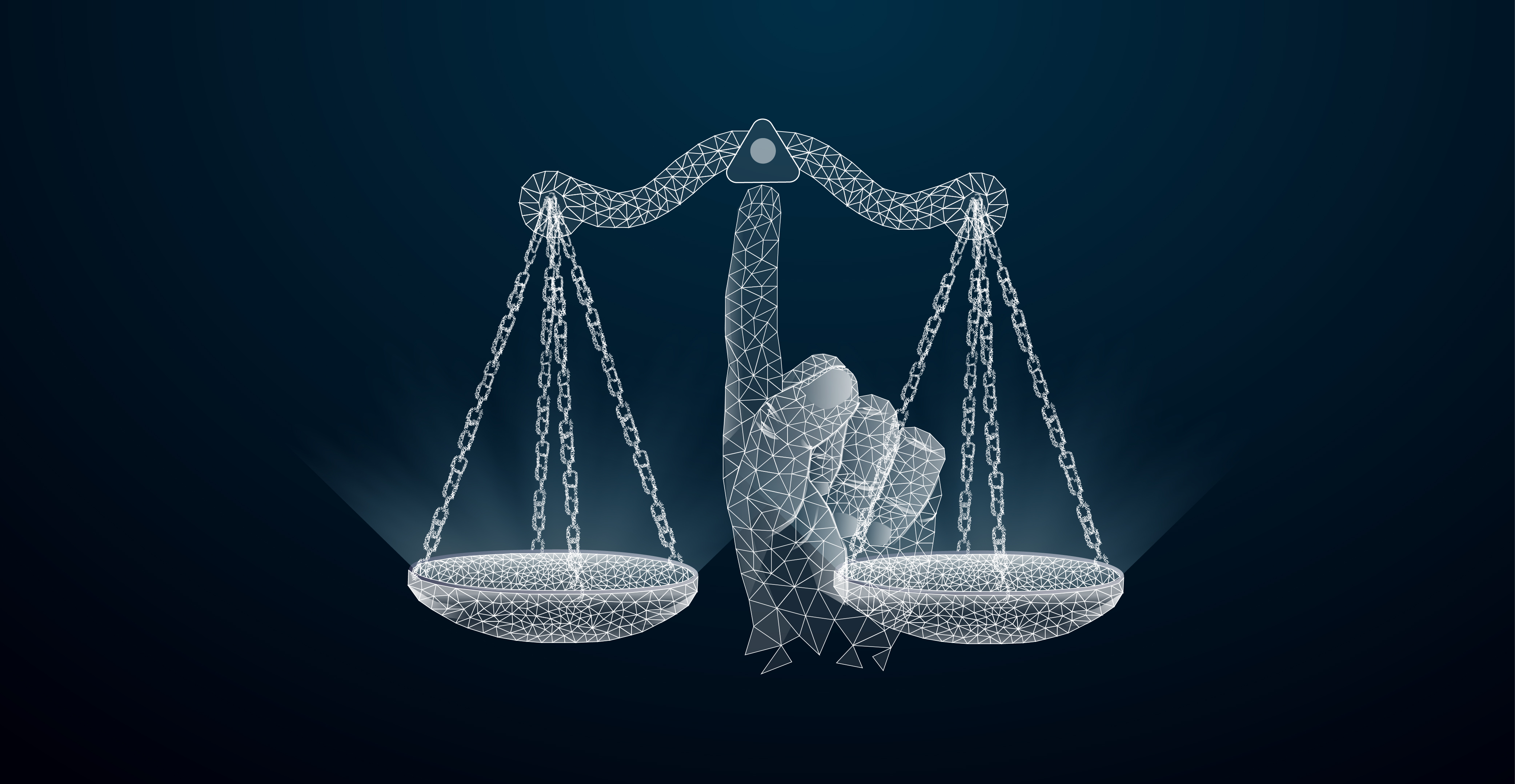The University of Baltimore School of Law created the Center for Criminal Justice Reform (CCJR) in 2022 to help address the many challenges facing the nation with respect to mass incarceration, rising gun violence, and more.
The CCJR, led by faculty director Professor David Jaros and executive director Heather Warnken, supports community-driven efforts to improve public safety and address the harm and inequity caused by the criminal legal system; brings together diverse voices and decision-makers to examine how the criminal legal system currently functions; and collaborates on strategies that promote justice throughout the country and in Baltimore.
The center, and a companion Criminal Defense and Advocacy Clinic launching in Spring 2023, were made possible through a $3 million donation from Baltimore Law alumnus Samuel G. Rose, LL.B. '62. A retired commercial real estate developer who obtained his law degree while attending night classes, Rose had a highly successful career in commercial real estate, largely in metropolitan Washington, D.C., and worked for corporations including the Rouse Co. and the American Trading & Production Corp.
The Criminal Defense and Advocacy Clinic is led by Professor Katie Kronick, who joined the Baltimore Law faculty in summer 2022 after serving as practitioner-in-residence at American University Washington College of Law's Criminal Defense Clinic.
Through its initiatives and partnerships, the CCJR is a convener of community and government stakeholders in an effort to identify challenges and recommend solutions to the deeply entrenched inequities in our criminal legal system. Public events are an important part of stimulating and continuing these important conversations.
The center also supports UBalt faculty and students on direct service efforts, including the exoneration of the wrongly convicted and working to release people convicted as juveniles serving lengthy sentences. The center provides UBalt students with additional experiential learning opportunities that further tangible change across a range of criminal justice reform issues, and the chance to partner with the grassroots organizations, policymakers and directly impacted people at the center of this work.


